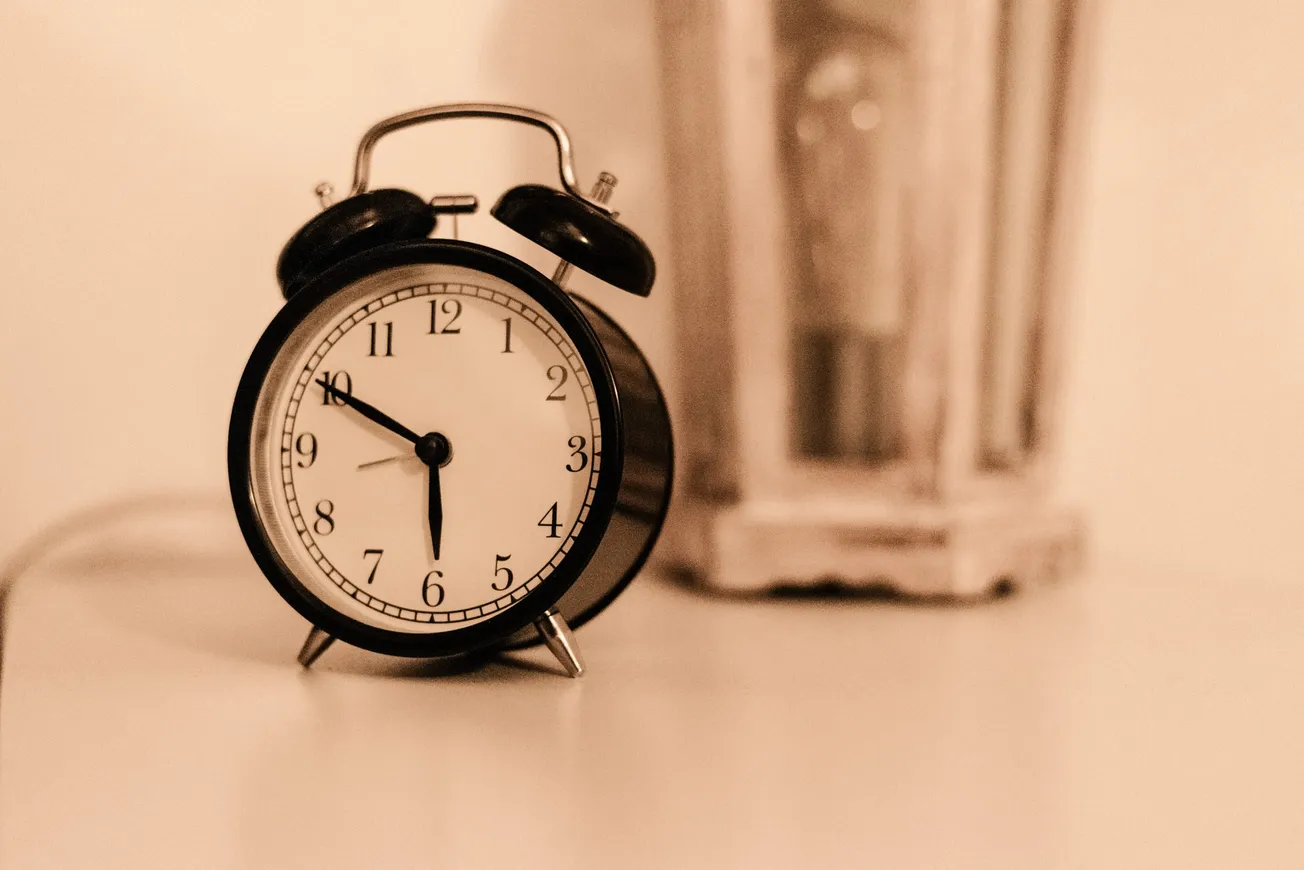Table of Contents
If you’ve ever experienced or known someone with depression, you’ll be familiar with the endless lying in bed. It’s not laziness or “drama”: it’s just the soul-crushing impossibility of emerging and facing another grind through a grey world.
New research suggests that that’s just part of a vicious cycle. On the other hand, there may well be some truth to the old advice about “early to rise”. It all depends on when your genes predispose you to rising.
Waking up just one hour earlier could reduce a person’s risk of major depression by 23%, suggests a sweeping new genetic study published May 26 in the journal JAMA Psychiatry.
That doesn’t necessarily mean, though, that everyone must be up with the birds. Some of us are naturally disposed to rise with the owls.
The study of 840,000 people, by researchers at University of Colorado Boulder and the Broad Institute of MIT and Harvard, represents some of the strongest evidence yet that chronotype — a person’s propensity to sleep at a certain time — influences depression risk.
It’s also among the first studies to quantify just how much, or little, change is required to influence mental health[…]
“We have known for some time that there is a relationship between sleep timing and mood, but a question we often hear from clinicians is: How much earlier do we need to shift people to see a benefit?” said senior author Celine Vetter, assistant professor of integrative physiology at CU Boulder. “We found that even one-hour earlier sleep timing is associated with significantly lower risk of depression.”
Previous observational studies have shown that night owls are as much as twice as likely to suffer from depression as early risers, regardless of how long they sleep. But because mood disorders themselves can disrupt sleep patterns, researchers have had a hard time deciphering what causes what.
The effect is significant: sleeping late might mean as much as a 27% higher probability of developing depression.
But that begs the question: just what does “sleeping in” actually mean, for any given person?
As other studies, which have suggested that humanity really is divided into “skylarks” and “night owls”, show: the answer appears to be, “depends”.
Iyas Daghlas, M.D., turned to data from the DNA testing company 23 and Me and the biomedical database UK Biobank. Daghlas then used a method called “Mendelian randomization” that leverages genetic associations to help decipher cause and effect.
“Our genetics are set at birth so some of the biases that affect other kinds of epidemiological research tend not to affect genetic studies,” said Daghlas, who graduated in May from Harvard Medical School.
Our genes seem to influence between 12-42% of our sleep timing preference.
In the largest of these samples, about a third of surveyed subjects self-identified as morning larks, 9% were night owls and the rest were in the middle. Overall, the average sleep mid-point was 3 a.m., meaning they went to bed at 11 p.m. and got up at 6 a.m.
The researchers then turned to the question: “Do those with genetic variants which predispose them to be early risers also have lower risk of depression?”
The answer is a firm yes.
Yikes. Strike one for us night owls. But there is an important catch: even if you’re a night owl, knowing the optimum time to hit the sack can make a massive difference.
Each one-hour earlier sleep midpoint (halfway between bedtime and wake time) corresponded with a 23% lower risk of major depressive disorder.
This suggests that if someone who normally goes to bed at 1 a.m. goes to bed at midnight instead and sleeps the same duration, they could cut their risk by 23%; if they go to bed at 11 p.m., they could cut it by about 40%.
It’s unclear from the study whether those who are already early risers could benefit from getting up even earlier. But for those in the intermediate range or evening range, shifting to an earlier bedtime would likely be helpful.
Why are some of us night owls and the annoying rest of you skylarks? The answer is probably, as so often: evolution. Evolving in small bands of primates at the mercy of predators, having at least part of the group awake and on watch at all different hours was a massive advantage.
The trouble is, we’ve come a long way from those small bands of savannah-dwelling primates.
“We live in a society that is designed for morning people, and evening people often feel as if they are in a constant state of misalignment with that societal clock,” said Daghlas.
Still, there are certain basic behaviours we can adopt that will maximise our sleep routine and its mental health benefits.
“Keep your days bright and your nights dark,” she says. “Have your morning coffee on the porch. Walk or ride your bike to work if you can, and dim those electronics in the evening.”
Science Daily
The latter, especially. Being exposed to bright light keys us to be alert. Which is why I routinely read from a physical book by lamplight, before sleep. If I’m reading e-books, I have my e-reader set to its lowest brightness.
Now I just need to work on the “bright morning” thing. And the exercise.
Please share this article so that others can discover The BFD









